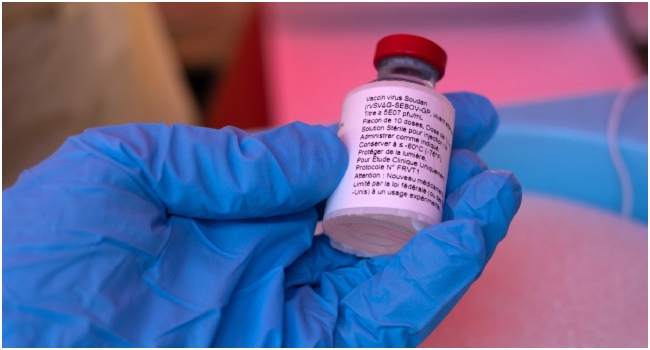
A new study has revealed that monkeys infected with the deadly Ebola virus can be successfully treated with a pill, offering hope for a more accessible and practical treatment for humans.
Ebola, a highly lethal viral disease first identified in 1976, spreads through direct contact with bodily fluids, causing severe bleeding and organ failure. While a vaccine was only widely approved in 2019, current antibody treatments require expensive cold storage, making them difficult to deploy in resource-limited regions where outbreaks frequently occur.
In a study published in Science Advances, researchers led by virologist Thomas Geisbert at The University of Texas Medical Branch tested Obeldesivir, an oral form of the intravenous antiviral Remdesivir, originally developed for COVID-19. The drug functions as a polymerase inhibitor, blocking a crucial enzyme that enables the virus to replicate.
The research team infected rhesus and cynomolgus macaques with a high dose of the Makona variant of the Ebola virus. Ten infected monkeys received a daily Obeldesivir pill for ten days, while three control monkeys received no treatment and died. The drug successfully protected 80% of cynomolgus macaques and 100% of rhesus macaques, which share a closer biological resemblance to humans.
Not only did the treatment eliminate the virus from the monkeys’ blood, but it also triggered an immune response, helping the animals develop antibodies while preventing organ damage.
“We wanted a treatment that is more practical and easier to administer, one that could help prevent, control, and contain outbreaks,” Geisbert told AFP.
One of the key advantages of Obeldesivir is its broad-spectrum protection, unlike existing antibody treatments that only target the Zaire strain of Ebola. Pharmaceutical company Gilead is now advancing the drug to Phase 2 clinical trials for Marburg virus, a close relative of Ebola.
Geisbert emphasized the critical role of funding from the U.S. National Institutes of Health (NIH) in developing such treatments, warning that recent funding cuts could hinder progress in fighting emerging infectious diseases.
This breakthrough offers renewed hope for a more accessible and effective Ebola treatment, potentially changing the way future outbreaks are managed.








